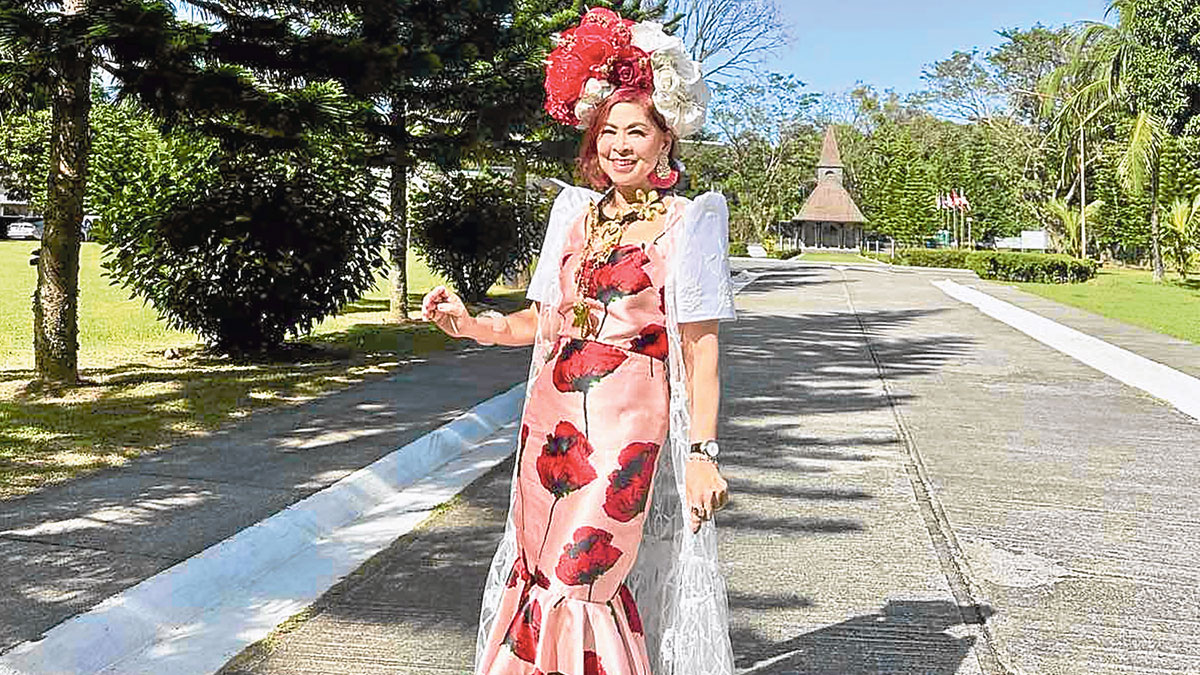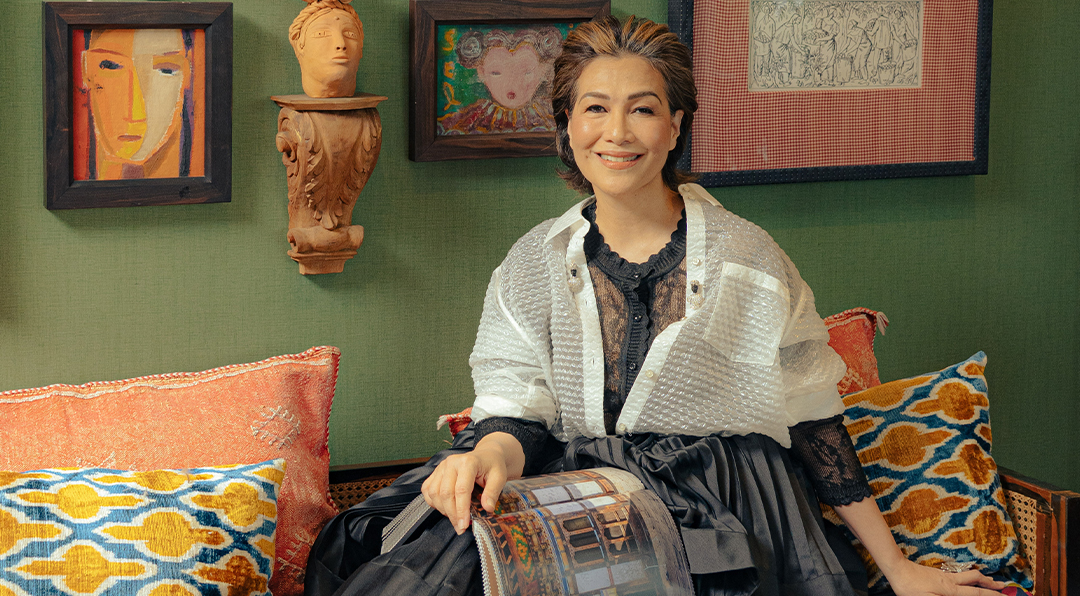ADVENT, the religious preparation to celebrate Christ’s birthday, will begin this Sunday, Nov. 29. But many homes have already hung multicolored Christmas lights. Others are dusting off theirs, for installation very soon.
Many will probably buy new lights. They have become so cheap that many people buy new sets every year.
For those planning to buy Christmas lights, this advice from the Department of Trade and Industry Region 6 (Western Visayas) office is timely.
Regional officer-in-charge Rebecca M. Rascon says consumers should look for the Import Commodity Clearance (ICC) sticker. Cheap lights are often imported. The ICC sticker is a guarantee of the reliability and safety of the product.
Consumers should also check the issue date of the sticker. Products with stickers older than 2013 should be returned to the supplier/distributor for retesting.
Rascon warns that uncertified products may cause fire and damage to life and property. Even in the United States, where standards are more strictly enforced, there have been accidental fires caused by Christmas lights.
The Bureau of Product Standards (BPS) advises consumers to check visually for product reliability and safety: a set’s wire shall have an outside size of 1.5 mm, and the plug must have firm pins that are not easily bent.
BPS says Christmas lights are regulated by the DTI, so manufacturers and importers are required to have Philippines Standard (PS) license (locally produced lights) and ICC certificates before the products are distributed and sold. BPS inspects and tests samples based on the Philippine National Standard (PNS) 189:2000.
Product labels should contain the name of manufacturer/supplier/distributor, address and trademark; rated voltage and rated wattage of the set; rated voltage and rated wattage of the lamp; the mark “For indoor use only”; the number of standard used—PNS 189:2000; the batch/lot number or the bar codes; and country of origin.
Boxes should tell consumers: Disconnect from supply before removing or inserting any lamp; avoid damage to insulation; to avoid risk of overheating, failed lamps should be replaced immediately with lamps of the same voltage and wattage; a fuse lamp (identified as being partially white), if incorporated, must not be replaced by a normal (non-fuse) lamp; do not cascade/attach more than the recommended sets of Christmas lights (normally, three sets to avoid overloading); do not overload electrical outlets (too many plugs in one outlet may generate a lot of heat to start a fire); carefully check each set of lights for signs of socket damage, frayed or scorched wire, loose connections or damaged plugs.
I will add: Turn off lights before going to bed, even if you are sure of the safety of your lights.
Exclusive licensee
After a bit of confusion, the Supreme Court ruled that Robinsons Retail Holdings Inc. (RRHI) was the exclusive sub-licensee of Daiso Japan in the Philippines. Daiso Industries Ltd. Japan founder and president Hirotake Yano, who was in the country recently, also declared RRHI was the “only authorized and licensed partner in the Philippines.”
Yano visited Daiso Japan stores in the Philippines and met with RRHI officials, led by Robina Gokongwei-Pe, Wilfred Co and Katherine Michelle Yu. He reaffirmed the strong and exclusive partnership between their companies.
Gokongwei-Pe said RRHI brought Daiso here because it was a big Japanese brand that offered good quality and affordable products.
Send letters to The Consumer, Lifestyle Section, Philippine Daily Inquirer, 1098 Chino Roces Ave. cor. Mascardo and Yague Sts., 1204 Makati City; fax no. 8974793/94; or e-mail lbolido@inquirer.com.ph.











































